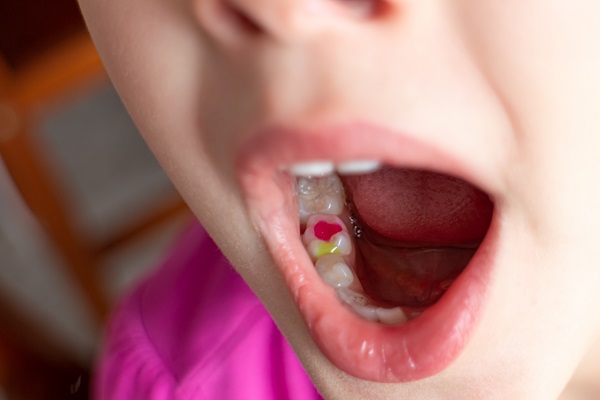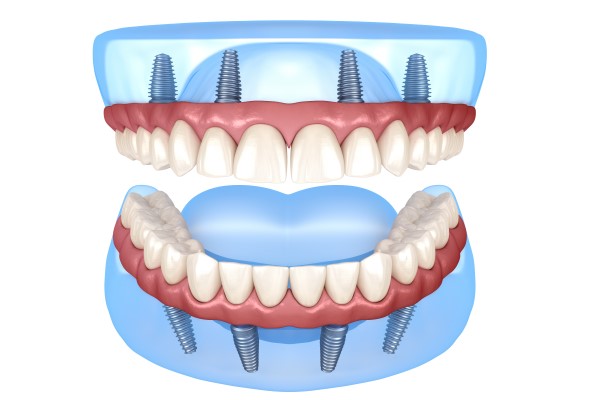Tips for Tooth Extraction Aftercare
is the removal of a tooth from its socket. There are two types of extraction: simple and surgical. Simple extractions involve the removal of visible teeth. During simple extractions, dentists loosen the teeth and remove them with dental forceps. Surgical extractions become necessary when teeth break off at the gum line or do not penetrate the gums. In these cases, dentists make small incisions in the gums to remove the tooth.
Tooth extraction recovery
Patients might require a tooth extraction due to decay, trauma, or crowding. When dentists recommend extractions, individuals may naturally feel overwhelmed. Fortunately, an extraction is a standard procedure, and when people follow the dentist's recommendations, they should heal with few or no complications.
The day of the appointment
Dentists may ask patients to bite down on sterile, dry gauze for about 30 to 45 minutes following the appointment. The gauze helps limit bleeding and allows clotting to occur. Depending on the type of extraction, professionals might place self-dissolving stitches.
Common problems following a tooth extraction include bleeding, swelling, and pain. Immediately after, patients should prevent trauma to the site. Pulling a tooth is an invasive procedure, and people should allow themselves to rest for the first 24 hours. During routine extractions, most patients need to set aside several hours for recovery on the procedure day. However, surgical extractions may require a few days of rest.
The patient should apply ice to the affected area for 10-minute intervals and avoid spitting or rinsing for the first 24 hours. Spitting and rinsing can dislodge the blood clot and lead to a painful condition called dry socket. Patients can prop their heads up with pillows to prevent bleeding while lying down.
The process 24 hours later
Patients should stick to soft foods for the first 24 hours and the following day. Yogurt, soup, pudding, and applesauce are nutritious, soft options that should not aggravate the extraction site. They should also avoid sharp or hard foods that may cause further injury. As the wound heals, individuals can add more solid foods.
Patients should try to limit physical activity for the first couple of days. In addition to the body requiring rest to heal, some of the prescribed medications can also cause dizziness and fatigue. Discomfort begins to lessen within three days, but it can last as long as two weeks in some cases. Severe pain, persistent bleeding, fever, and recurring swelling may indicate complications or infection.
People should continue to brush and floss their teeth as usual. To encourage healing, they can also rinse their mouth with a saltwater solution and warm water. Patients should avoid sucking through a straw or rinsing with an over-the-counter mouthwash for the first three days.
Conclusion
Dentists use tooth extraction to treat various ailments that compromise the structure and health of a patient's teeth. While an intimidating procedure, the aftercare does not have to be complex or daunting. Keeping the site clean and following the professional's orders encourages quick healing.
Request an appointment here: https://www.gearydental.com or call Geary Dental Center at 4157021310 for an appointment in our San Francisco office.
Check out what others are saying about our dental services on Yelp: .
Recent Posts
A wisdom tooth extraction is not something that most people look forward to. However, it is often necessary to relieve pain and ensure good oral health. With that, it is important to know when to get wisdom teeth extracted. Everyone's mouth is different, meaning that everyone will experience impacted wisdom teeth at different times, and…
It is important to treat a dental emergency as soon as possible to prevent any concern from worsening. This review discusses the different types of dental emergencies and how you can properly treat them.A dental emergency does not improve on its own. Fortunately, emergency dentists are able to treat oral health and dental trauma concerns…
For dental emergencies, people can go to an emergency dentist or an emergency room. However, several things should be considered before deciding where to seek medical help. Just like any other medical emergency, dental emergencies also require different levels of care. This depends on their severity. The ideal place to go for treatment when you…
Dental emergencies can happen anywhere and at any time, so it is beneficial to have an emergency dentist. You should find a dentist before the need arises. Experiencing any dental emergency is bad enough without having to prolong the suffering and pain while looking for a dentist. No one wants to be in a position…


